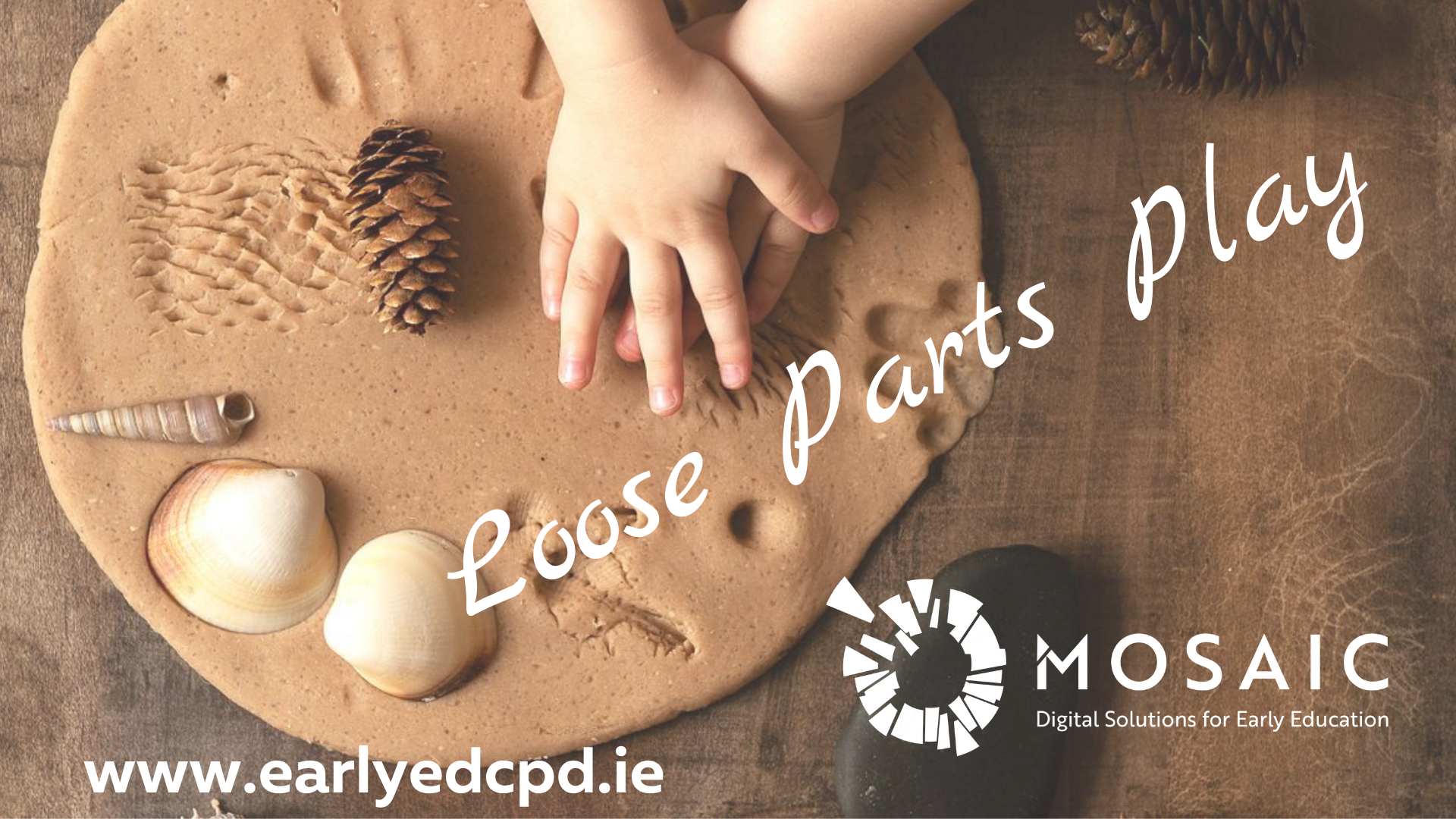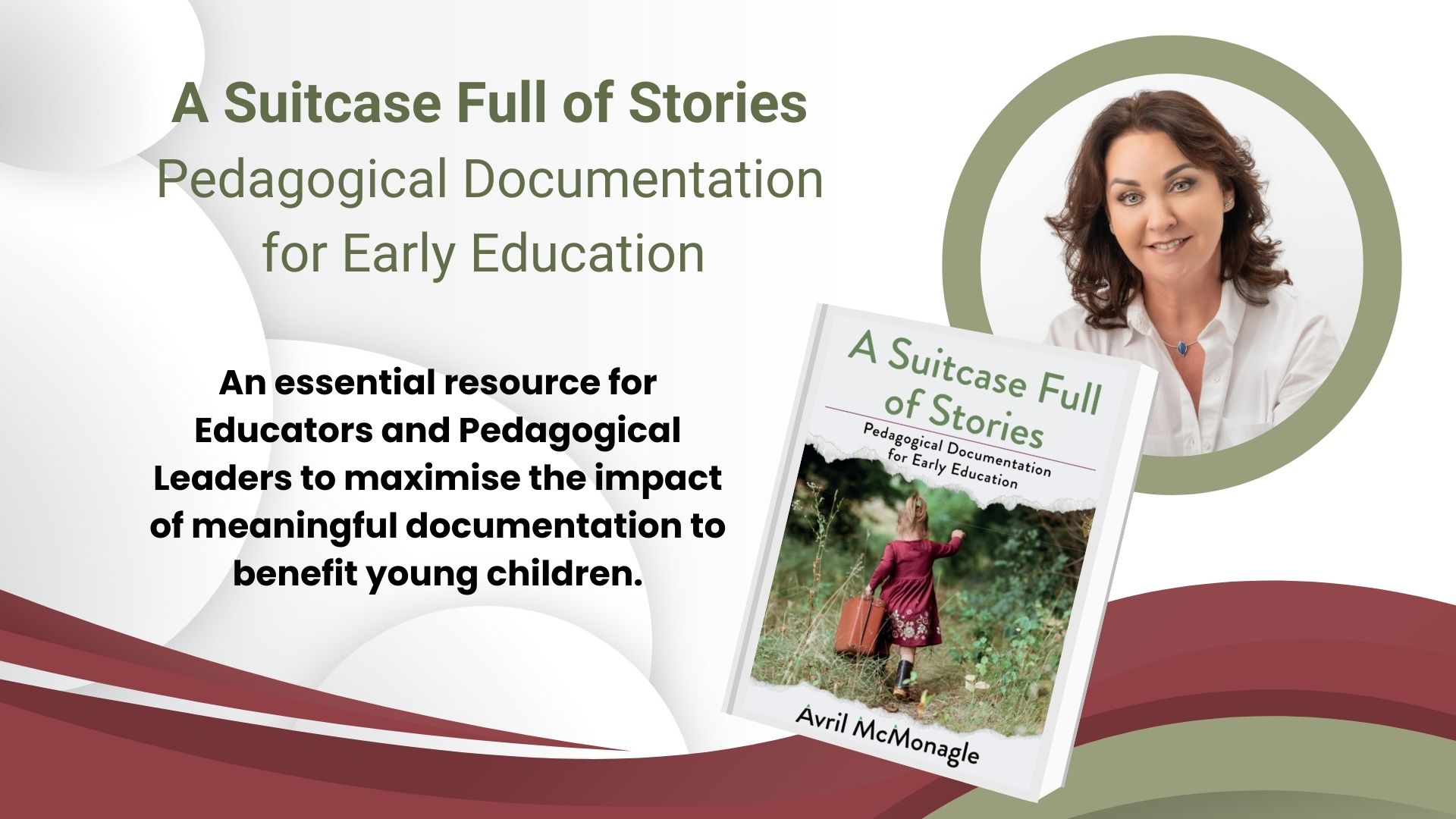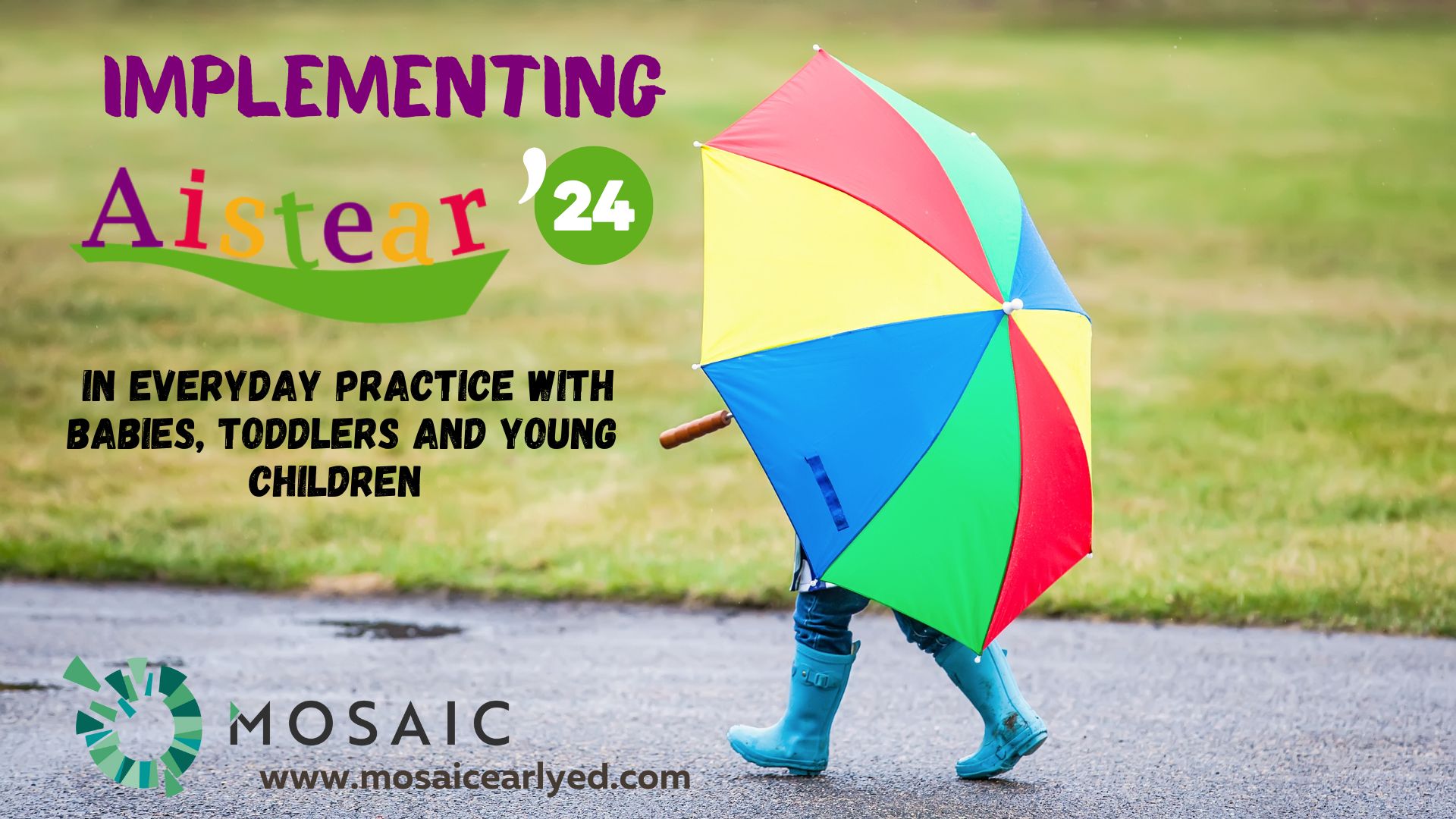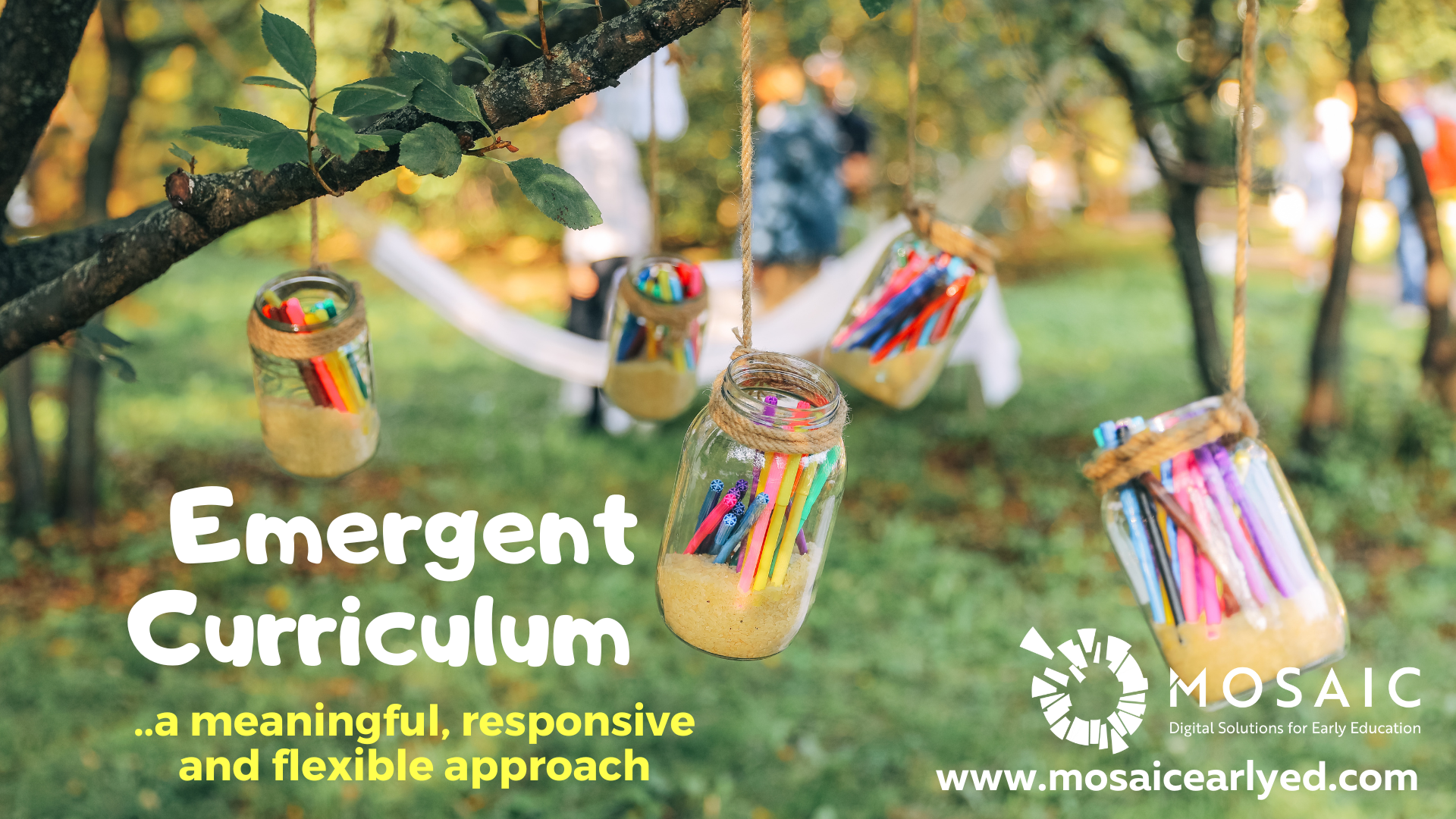Loose Parts Play
Programme Introduction
Loose Parts are any open-ended materials that you can give to children that have no directions or instructions. With no prescribed method of play or end product, items can be used entirely at the discretion of the child. Loose parts play is a valuable contributor to an emergent curriculum approach.
The 'Loose Parts Play' programme contains lots of practical and visual inspiration to make loose parts play a significant component of an emergent curriculum for the under 3’s, preschool and school age children.
The Resource Documents section contains printable handouts to support the programme content and a Certificate of Participation is saved to the educator profile on completion.
IMPORTANT* Before you start - please read 'NOTES FOR THE COURSE'. This contains important information to help you navigate the site if you are undertaking a programme for the first time.
Programme Content
- What is loose parts play?
- The theory behind loose parts play and benefits for children
- Educator reflective activity
- Links with Síolta and Aistear
- Gender stereotyped toys and play
- Educator reflective activity
- Natural materials, metal, wood, fabric and junk loose parts
- Storage for loose parts
- Babies and Toddlers
- Pre-school children
- School Age Childcare
- Loose parts for outdoor play
- Educator reflective activity
- Loose parts play observations from the 4 themes of Aistear
- Loose parts sample learning stories
- Visual images of loose parts play activities for children of all ages and stages of development.
Key Learning Outcomes
The learning outcomes for this course are as follows:
- To understand the theory behind loose parts play for children.
- To make a connection between loose parts play and the underpinning principles of Síolta, Aistear and good pedagogical practice.
- To understand the unique role of loose parts play in giving children the freedom to be creative, to think and to be inventive.
- To appreciate how loose parts can be incorporated into activities for babies, toddlers, pre-school and afterschool age groups.
- To recognise the Aistear learning themes and goals achieved through loose parts play
- To learn how to enhance or resource an early childhood setting with a variety of loose parts materials, resources and activities, both indoors and outdoors.

02 Hours
€25.00
Presentation with video/audio
Easy to follow components
Downloadable reference documents
Test multiple choice questions
Certificate of Completion
You may also like
A Suitcase Full of Stories - Book information feature
0.5 Hours
Free
'Implementing Aistear 2024'
2.5 Hours
€25.00
Emergent Curriculum (2nd ed. April 2023)
2.5 Hours



